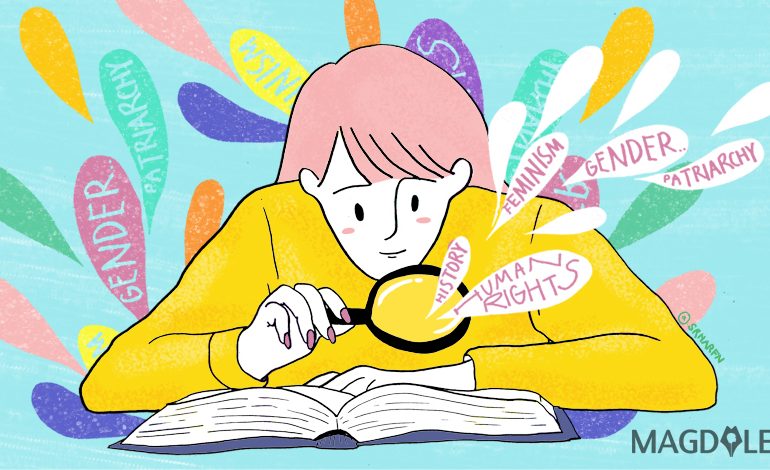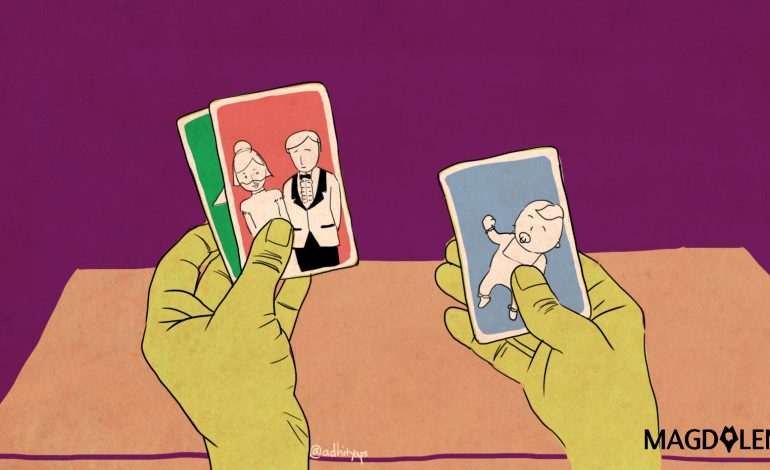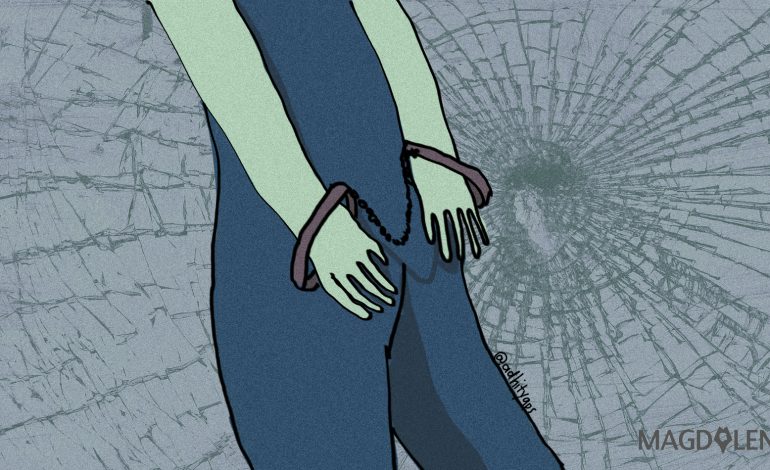‘Women Sense Tour’ Documentaries Counter Stereotypes of Muslim Women

With Islamophobia on the rage in the Western world, a documentary shows how Muslim women can live and thrive with feminist values and still practice their religion.
In Women Sense Tour: Indonesia, French Sarah Zouak and Justine Devillaine, put a spotlight on Muslim women who make a great impact in their communities and in the country. The movie was screened last week as part of the 16 Days of Activism against Gender-based Violence and supported by Institut Francais Indonesia (IFI) and UN Women Indonesia
It is part of the Women Sense Tour documentary series with each episode set in Indonesia, Morocco, Tunisia, Iran and Turkey, and features strong-willed and emancipated Muslim women who strive for progress in the specific context and society where they live.
The idea for the series springs out of Zouak’s personal concern regarding the representation of Muslim women in France. During the Dec. 24 film screening in Jakarta, Zouak told the audience of how her professor had told her off when she said she is a Muslim feminist.
“She laughed at me. She said, ‘It’s impossible Sarah. You have to choose, either you’re a feminist or a Muslim. You can’t be both!’” she recalled the conversation to the audience.

Sarah further explained how French people generally stereotype Muslim women as being obedient, oppressed, and incapable to think for themselves.
“As a Muslim woman, I feel like I do not have a proper role model in France. And so I went to several Islamic countries and found a lot of incredible, inspiring women who strive for change. With this documentary, I aim to prove to the people in France that it is indeed possible to be a Muslim and a feminist at the same time,” said Sarah.
“The people in France keep saying that religion is an obstacle to empowerment, but I see that religion empowers me. I want to show another way of looking – that we can be whatever we want, and we can choose whatever ways we want to be empowered,” Sarah added.
Women Sense Tour: Indonesia focuses on five influential figures, each strives for a different cause: poverty among fisher women, migrant workers, domestic workers, women farmers, as well as women victims of domestic violence. The film features each of their lives and how they fight for what they believe in and strive for changes to create a better community.
Lita Anggraini is one of the Muslim women featured in the documentary. Lita founded the National Network for Domestic Workers Advocacy (Jala PRT) in 2004. In the film, she notes that there is no strong enough regulation to protect the rights of women domestic workers. She passionately explains how women domestic workers have almost unlimited jobs – from cleaning, cooking, shopping, taking care of the children – yet, their wages remain low and their rights uncertain. She and her fellow activists dedicate their lives to advocate for women domestic workers, educating them to claim their basic rights, such as the rights to negotiate days off, working time, and proper salary.
“I understand religion as a practice of humanity,” Lita says in the documentary. “I believe that any religion would want us to always help and not hurt others. My family also tells me to do things with love and faith, and so I do this with love and faith.”
Another figure featured in the film is Masnuah, the founder of the Fisherman Cooperative “Puspita Bahari.” Having been raised in a family who lived below poverty in the fisherman village at Morodemak, Central Java, Masnuah decided that she can’t do nothing.
“Wives of fisherman have limited role here: taking care of the children and waiting for their husband to come home,” she says in the film. “Meanwhile, there is not always fish to sell or to eat. Our husbands often come home empty-handed and family members aren’t always eating every day. Amidst this horrible condition, I started Puspita Bahari cooperative, hoping to improve our lives.”
Masnuah mobilizes fishermen’s wives and educate them on how to create fish products that last longer such as fish crackers. She also urges the women to save up their money in the cooperative to anticipate difficult times in the future.
Initially the women were reluctant to join her initiative.
“Local religious clerics said I was a bad influence because I made women get out of their homes. They said women should know their places. But I kept on,” she adds.
Lathifah Iskandar, a co-founder of Rifka Annisa, a Yogyakarta-based non-profit organization focusing on combating domestic violence, talks about how her organization often gets accused of intruding on family issues.
“When women victims of domestic violence came to us, the husbands often got angry saying we should not intervene family problems,” Lathifah says. “But we believe that what we do is in line with Islamic values. Prophet Muhammad highly respects women; he fought for women’s rights back in the day. Here, in Rifka Annisa, we do the same.”
Commenting on these women, Zouak said after the film screening, “These women are proofs that there is no single identity of Muslim women. Unlike what I’ve been told to believe in France, I witnessed that Muslim women are indeed strong, driven, visionary, and definitely not oppressed by religion.”
Come to this literary and art festival on Dec. 8 and 9.






















